How Relationships Support and Inform the Transition to Community College
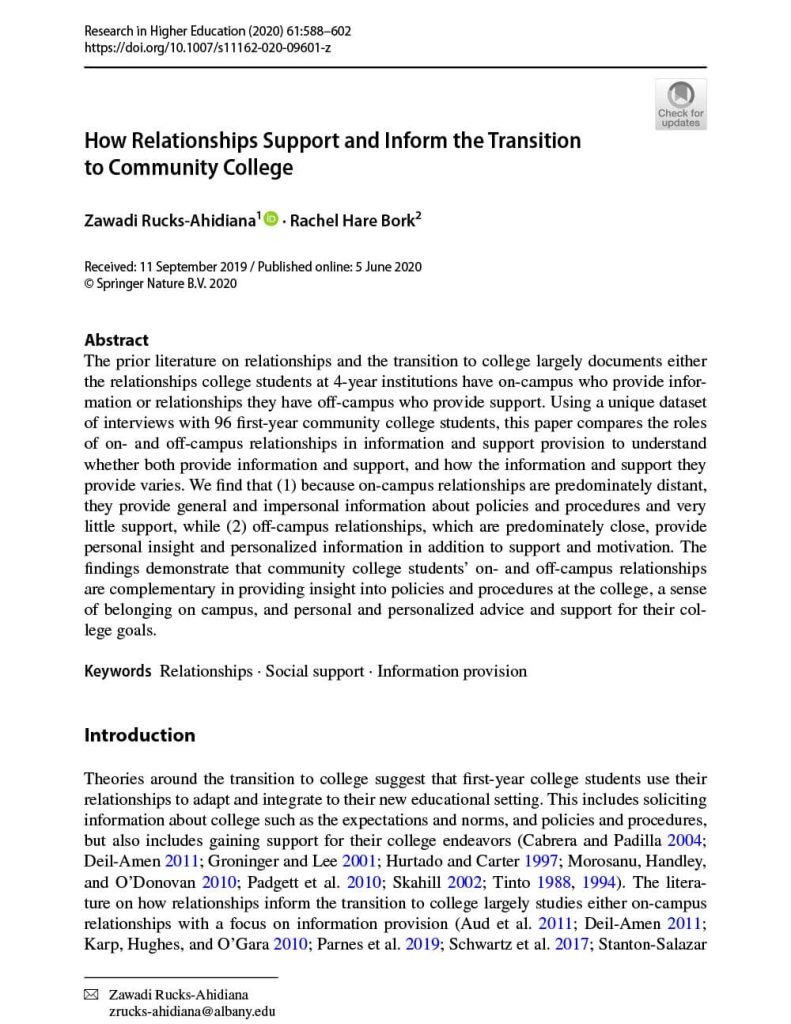
Drawing on interviews with 96 first-year community college students, this journal article compares the roles of students’ on- and off-campus relationships in providing information and support.
Comparing and Learning From English and American Higher Education Access and Completion Policies
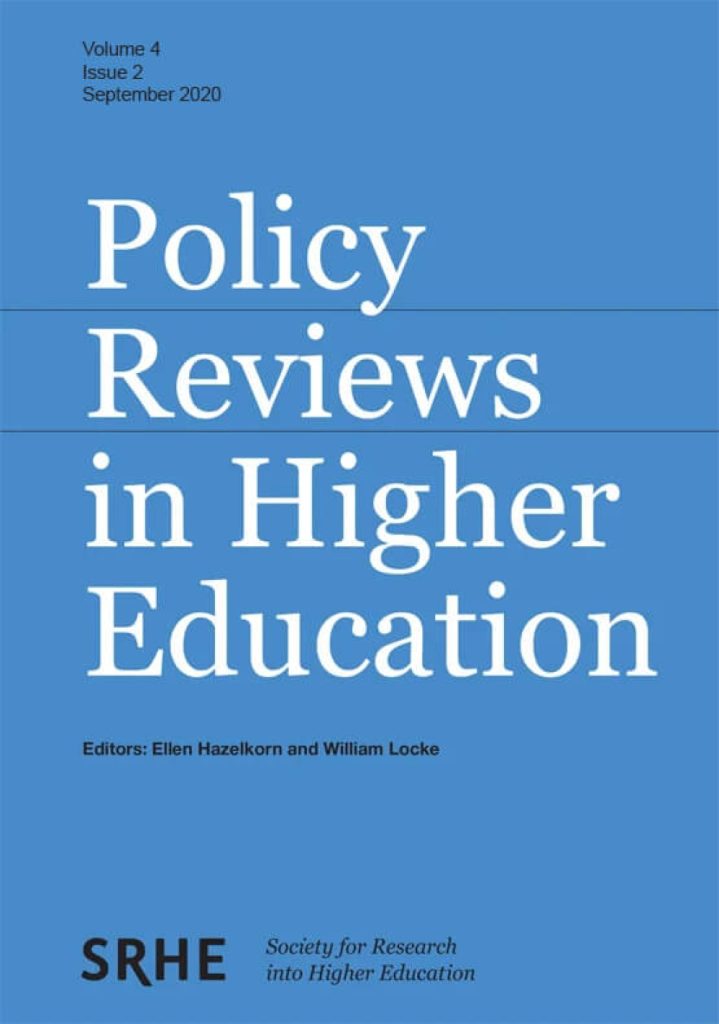
This journal article explores similarities and dissimilarities of higher education policies in England and the United States with an eye to what each country can learn from the other regarding the reduction of social class and racial/ethnic differences in higher education access and success.
Public-Private Partnership: How and Why Six Community Colleges Loved and Left a For-Profit Partner
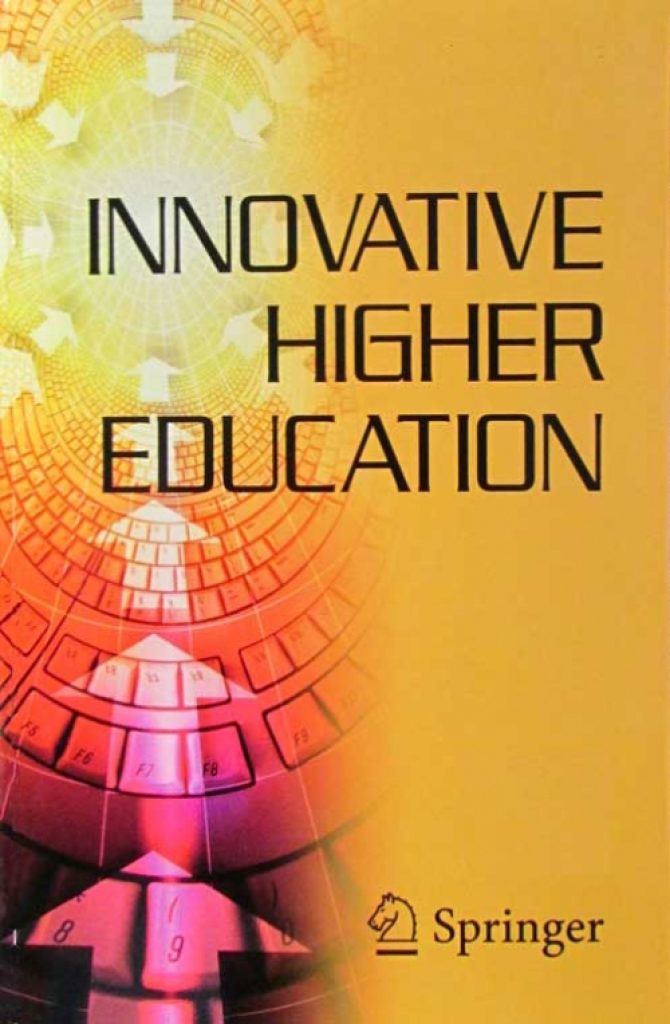
In this Innovative Higher Education article, the authors examine the development and dissolution of a partnership between a privately held firm and six community colleges, which had established honors programs with the goal of facilitating students’ transfer to selective institutions.
Early Academic Outcomes for Students of Part-Time Faculty at Community Colleges: How and Why Does Instructors’ Employment Status Influence Student Success?
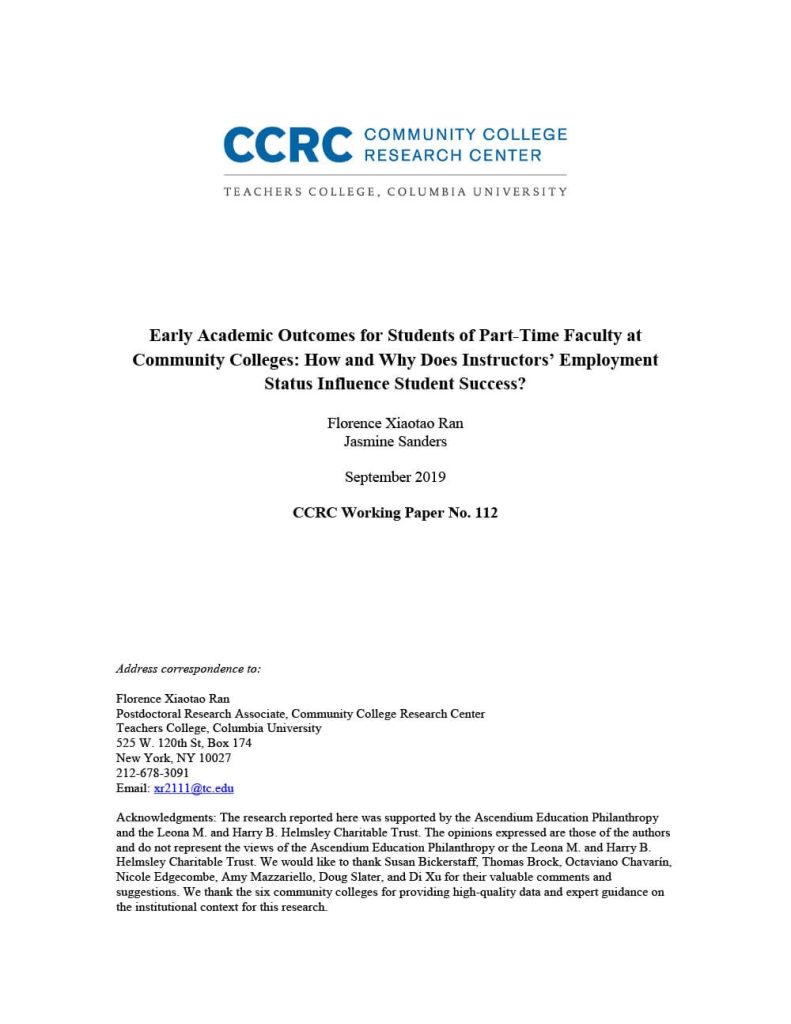
Drawing on data from six community colleges, this paper estimates the effects of part-time faculty versus full-time faculty on students’ current and subsequent course outcomes in developmental and gateway courses and explores potential explanations for these effects.
Performance-Based Funding for Higher Education: How Well Does Neoliberal Theory Capture Neoliberal Practice?
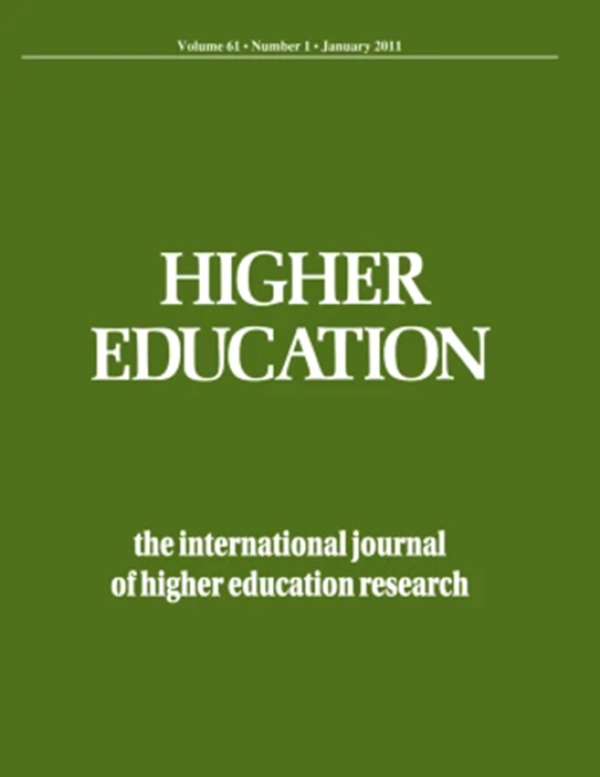
This article discusses the origins, implementation, and impacts of neoliberal policies by examining the case of performance-based funding for higher education in the United States, Europe, Canada, Australia, and elsewhere. It provides recommendations for how to improve performance funding and how to construct policy models that go behind the narrow imaginings of neoliberal theory.
